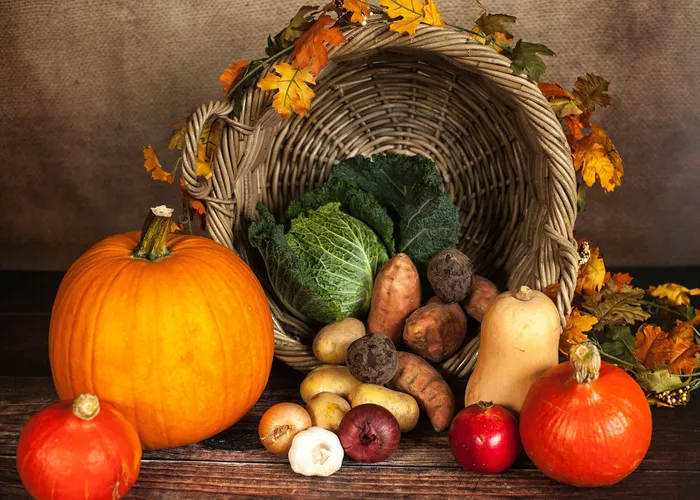The rise of organic food and how you can shop on a budget

There is a huge buzz around the term “organic food” nowadays. Picture: Pexels
There is a huge buzz around the term “organic food” nowadays.
Whenever you go to a grocery shop or supermarket, you cannot exit the store without seeing the word “organic” on shelves, packets and containers of the products. Various stores even have separate sections for organic food products.
However, why are people paying extra money for food products that are labelled organic? Organic food products have taken the entire food industry by storm as people are becoming more aware of their benefits.
What are organic foods?
Organic foods are produced by farming methods that avoid the use of man-made fertilisers, pesticides, growth regulators and chemicals that could be harmful to the environment.
The man-made products are known to alter the natural compounds of the foods manufactured.
With the organic food trend, consumers are not only concerned about fuelling their bodies with the healthiest foods but also deeply concerned about preserving the natural resources and biodiversity of the environment in which the fruits and vegetables are being harvested.
Nyakallo Lephoto, an entrepreneur who has an interest in leading a healthy lifestyle, said it was encouraging that an increasing number of people were choosing to consume organic food.
"It is nutritious, free of any cancer-causing pesticides and fertilisers. Therefore, it is giving us proper good health and all the benefits of a long life that comes with it,” said Lephoto.

As more people go organic, they soon realise how expensive it is and some become discouraged. This begs the question of whether it is possible to go organic on a budget.
Lephoto said organic food was expensive because businesses had figured out a way to raise prices and create hype around the brand of organic food.
“This is the hype that really should not exist and high prices that really should not be charged. But capitalists are prying on people’s gullibility. There is, unfortunately, a cost to growing food organically since one has to acquire the land, infrastructure and knowledge to do it.
“But one can start small and work overtime to build on that foundation. If you really need the best organic foods and to save up a little, you have to know what to look for, what to do and not what to do,” said Lephoto.
Besides organic food being nutritious, taste and flavour have also been major contributors to today’s organic trend. Other shoppers are attracted to food raised and grown without synthetic pesticides.
Regardless of what drives people to organic food, many people are trying it and often becoming regular consumers. Some South Africans are even growing their own, taking part in community-supported agriculture and joining special produce-buying clubs.
Experts agree the organic food industry is here to stay. But whether you decide to “go organic”, what is important to remember is that balance was the key when it comes to the overall content of your diet.
An organic diet may not necessarily provide you with the optimal balance of nutrients. It is the choice of different foods from the five food groups that constitute a healthy diet.

If and when you choose to incorporate organic foods into your diet, here are some tips on how to afford organic foods while sticking to a budget:
Price comparison
Compare prices between fresh and frozen, dried and canned varieties of organic foods. They may be less expensive than fresh, yet equally delicious when prepared correctly.
Shop in season
If you buy a lot of fruits and vegetables, you probably already know this. When food is “in season”, it tends to be cheaper because you are not paying for the extra costs to produce it out of season.
Also, farmer’s markets can have a lot of delicious, locally grown food for a good price. However, just because you can buy it at the farmer’s market does not mean it is organic. It needs organic certification and licensing.
Choose organic versions of the products you use most
To get the most benefit for your organic money, try buying organic versions of the products you use most.
Experts say whether that is milk, produce or personal care products, buying organic will not only help reduce your exposure to harmful synthetic pesticides and fertilisers, but also support a system of agricultural management that is great for the planet.
Do it yourself
What is more fun than growing some of your own foods? Decorative and functional, there are many ways to easily grow vegetables like tomatoes, peppers and greens indoors, to be at your disposal and help offset some of the costs of buying organic vegetables.
When planting, be sure to use organic seeds, soil and fertiliser (or try using compost from your own food scraps).